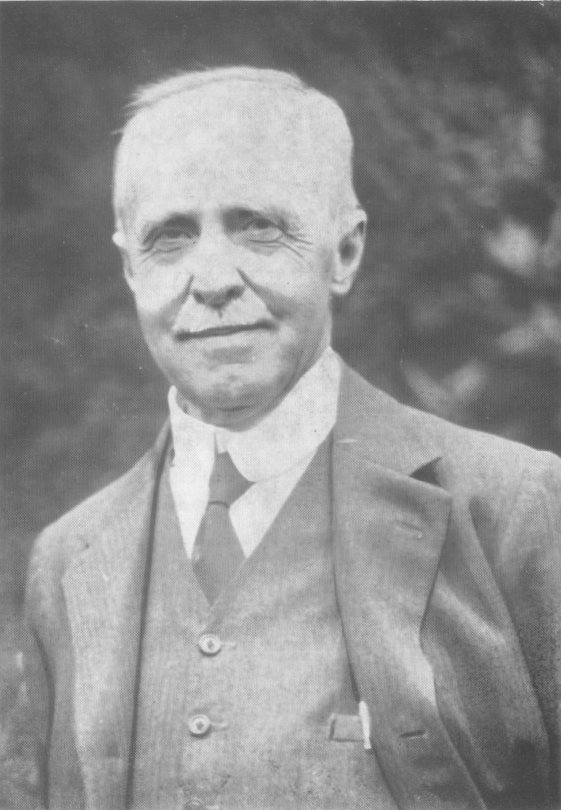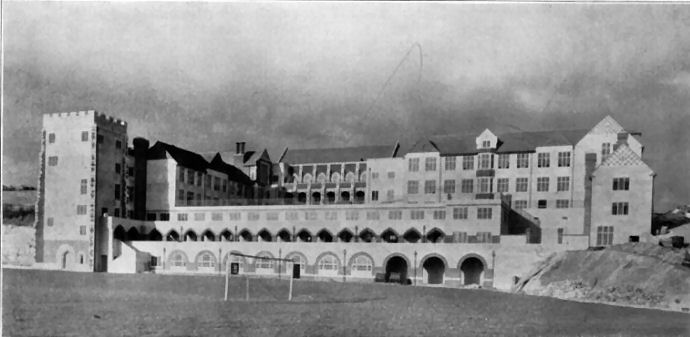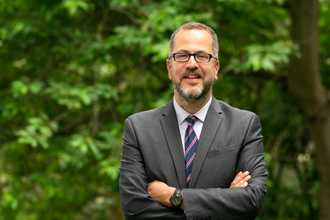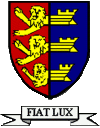The Dover County School, as it was originally known, was established in 1905 as part of the development of state secondary education initiated by the Education Act 1902 (the 'Balfour Act'). It operated from premises in Ladywell under its first headteacher, Mr Fred Whitehouse. He also had oversight of what was initially the Girls' Department of the school at nearby premises on Priory Hill. His aspiration was to create a co-educational school but the Kent Education Committee (KEC) insisted on separate County Schools for Girls and Boys and the last girl left the co-educational sixth form in 1912.
The County School for Boys moved into new buildings on Frith Road in October 1916 but soon outgrew the site, so junior boys had to be educated at Priory Hill . The inconvenience of operating over split sites persuaded KEC to agree to building new premises on an elevated site with plenty of land for playing fields at Astor Avenue. The first sod was cut in March 1924 and the school moved to the new buildings on 17 September 1931. The Duke of Kent formally opened the buildings on 9 December that year.
Fred Whitehouse retired in 1936 and was succeeded by Mr J.C, Booth. To him fell the daunting task of leading the evacuation of the school in June 1940 to Ebbw Vale, where it remained until January 1945. The return to Dover came as the tripartite system of secondary education under the Education Act 1944 (the 'Butler Act') was being implemented. The school was renamed 'Dover Grammar School for Boys' and henceforth was to provide free education to those who had passed the 11+.


Mr Booth retired in 1959. His successor, Dr Michael Hinton led the school through the rapid and turbulent decade of the sixties, when the first plans for moving to a comprehensive system of education in the area were mooted but not implemented. Further schemes came and went during the tenure of his successor, Reg Colman, who was head from 1969 to 1990. None came to fruition.
Neil Slater was the first teacher at the school to succeed to the headship. His years in charge, from 1990 to 2003 coincided with the outworkings of the major changes inaugurated by the Education Act 1988 (the 'Baker Act'), including the introduction of OFSTED. They were also the period when it became apparent that the first Labour Government since the 1970s was not going to compel the remaining grammar schools to become comprehensive.
In the first 98 years of the school it had had five headteachers. In the following 15, four (Julia Bell- who for a brief time combined the role with being head of the girls' school- Sally Lees, Richard Moxham and Fiona Chapman) served in relatively quick succession. The present head, Phil Horstrup, took up post in September 2018.

You may read more about the early history of the school in an article taken from the pages of some of the first editions of "The Pharos" magazine.
